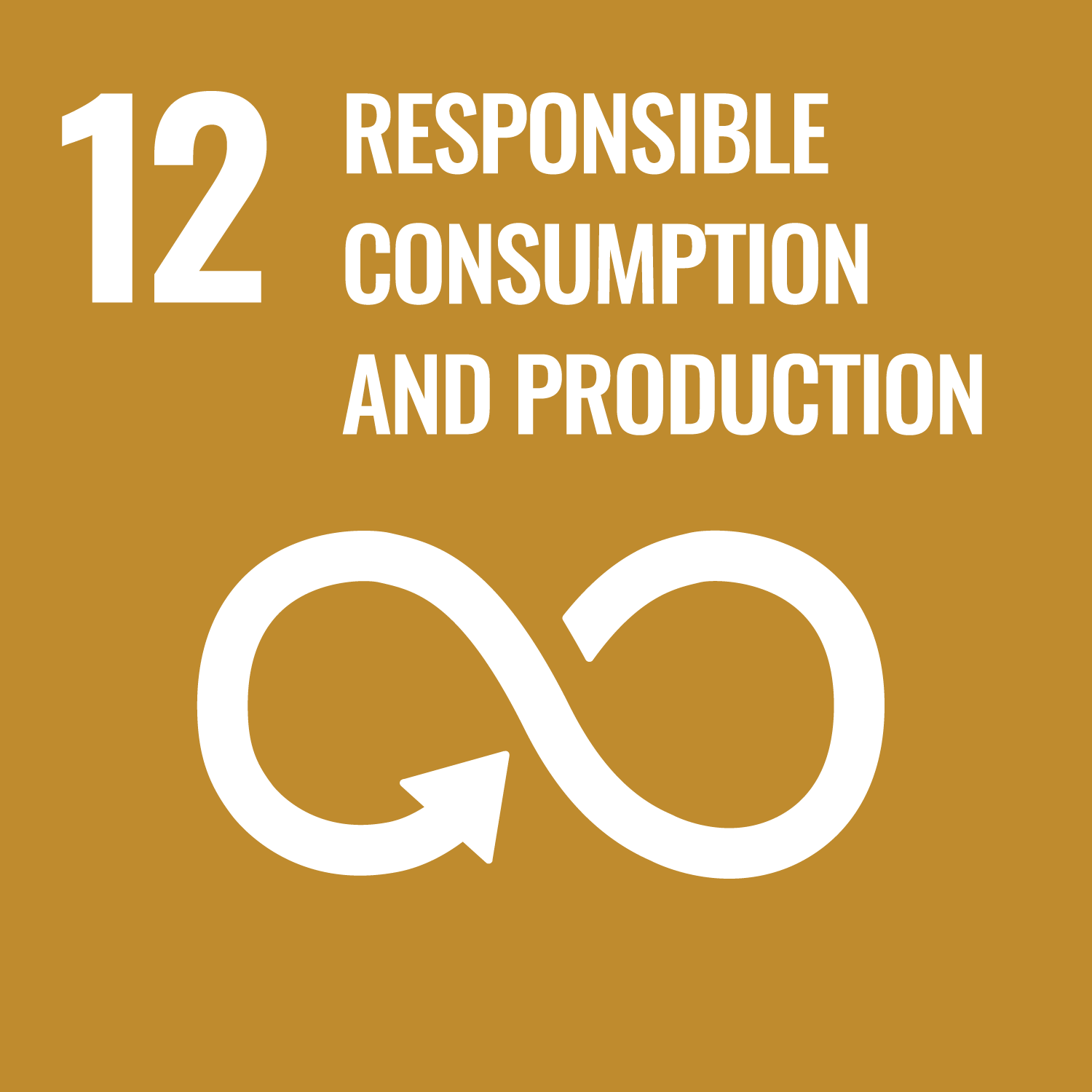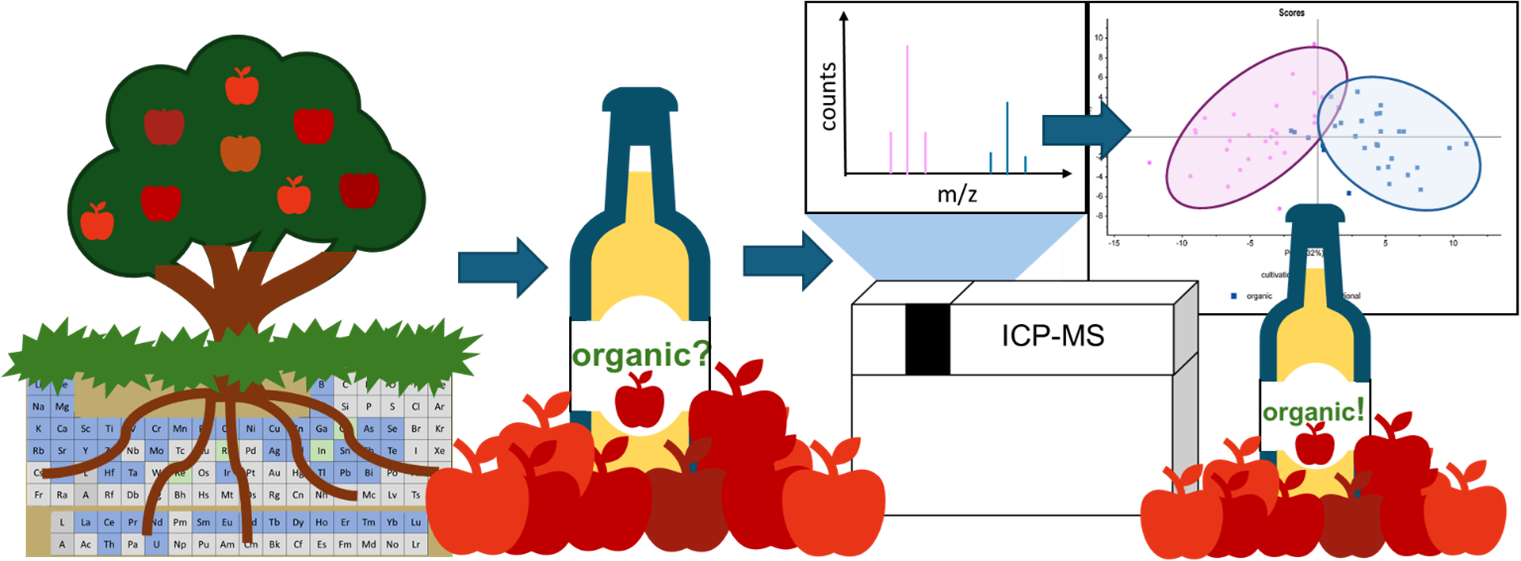Sustainability in research
Research group Prof. Dr. Markus Fischer


Determination of the Cultivation Method of Apples from Apple Juice Using ICP-MS
The cultivation method of food has a direct impact on the environment. Conventional farming methods often use chemical fertilizers and pesticides, which can potentially harm soils, water, and ecosystems. In contrast, organic farming methods are designed to protect the environment and promote biodiversity. The long-term benefits of organic farming methods include improved soil health, thereby also ensuring stable food production in the future.
However, the rising demand for and subsequent higher prices of organically produced foods create incentives for adulteration with cheaper conventionally grown foods. Consequently, reliable analytical methods are imperative for differentiating between organic and conventional produce.
Besides geographical origin, the cultivation method of plant-based foods can also be determined using ICP-MS.
Apple juice is one of the most commonly consumed fruit juices in Germany and ranks among the top 7 most frequently adulterated foods. Therefore, a method has been developed to distinguish the cultivation method of apples originating from Northern Germany in apple juice. The method demonstrates a predictive accuracy of 94.2% ± 2.3%. Furthermore, the study investigated admixtures of conventional and organic apple juices. Admixtures exceeding 20% were reliably identified.
Graphical Abstract: 
Link to publication: "Food authentication goes green: Element profile-driven differentiation between organic and conventional apple juices"
